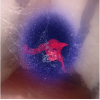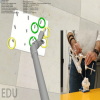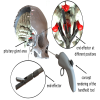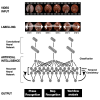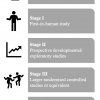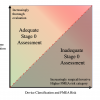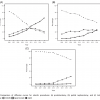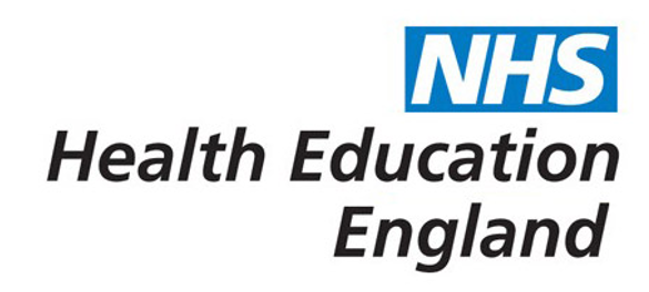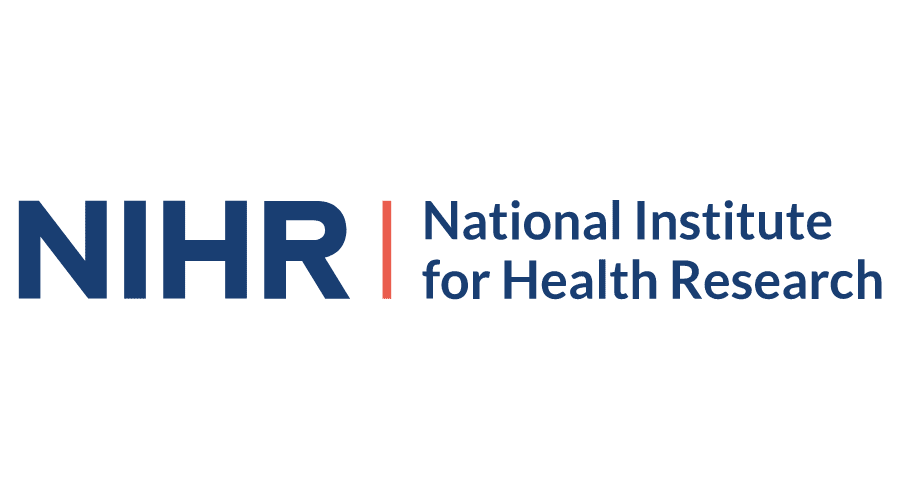Device Research
Augmented Reality
We are using augmented reality displays to enhance the surgeon’s vision during operations.
Robotics
We are developing “smart” instruments that allow wrist-like dexterity and precise control of the forces exerted, even in narrow surgical corridors.
Artificial Intelligence
We are training artificial neural networks (ANNs) to automatically analyse neurosurgical operations using high-definition operative videos. Uses of this technology include guiding the judgement of surgeons, improving surgical team workflow, surgical assessment and education.
Innovation and Translation research
First in human
Guided by the IDEAL framework, pre-clinical technology is translated into the clinical arena for structured evaluation.
Regulatory Approval
Evaluating the safety and effectiveness of surgical technology before clinical integration.
Dissemination
Exploring the diffusion of technology of technology across clinical practice.
 Close
Close


